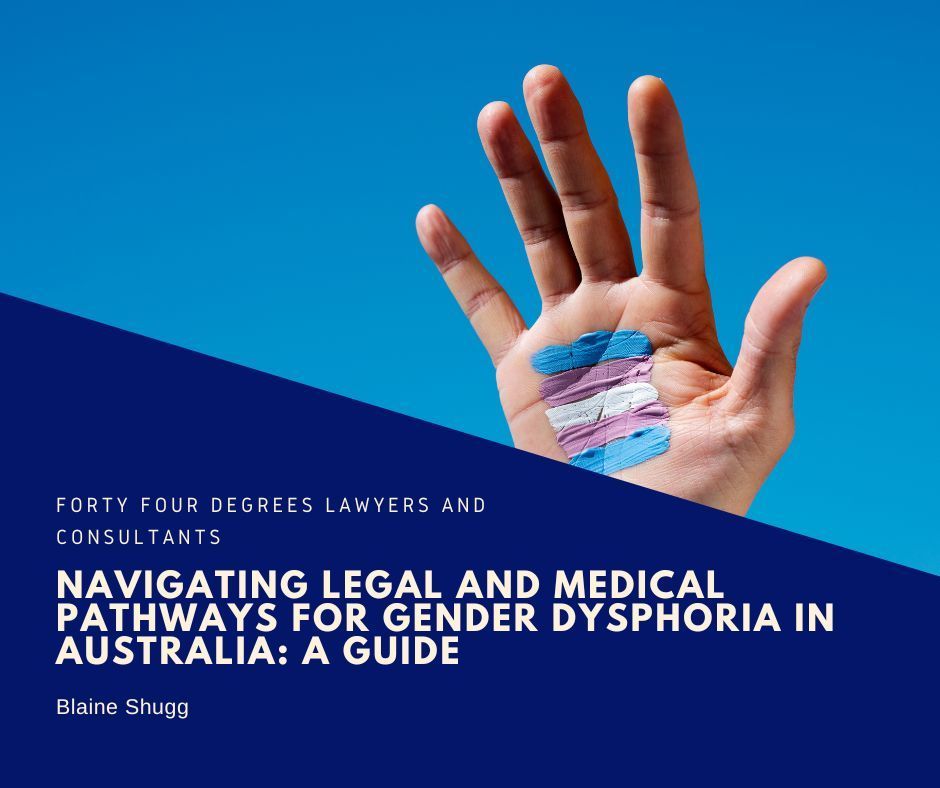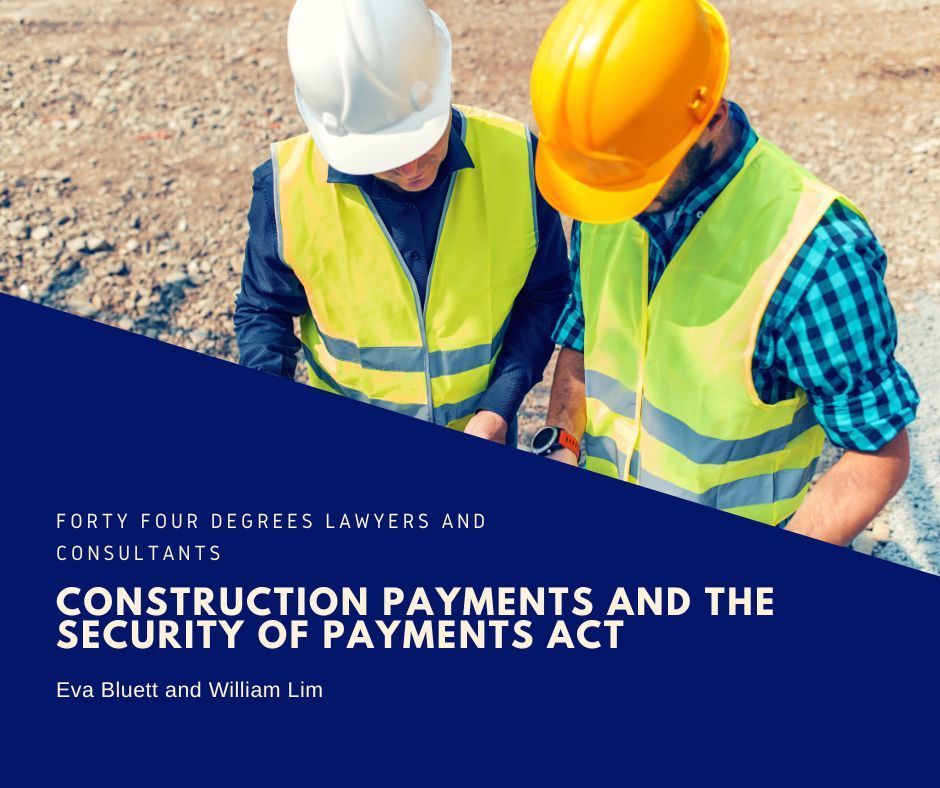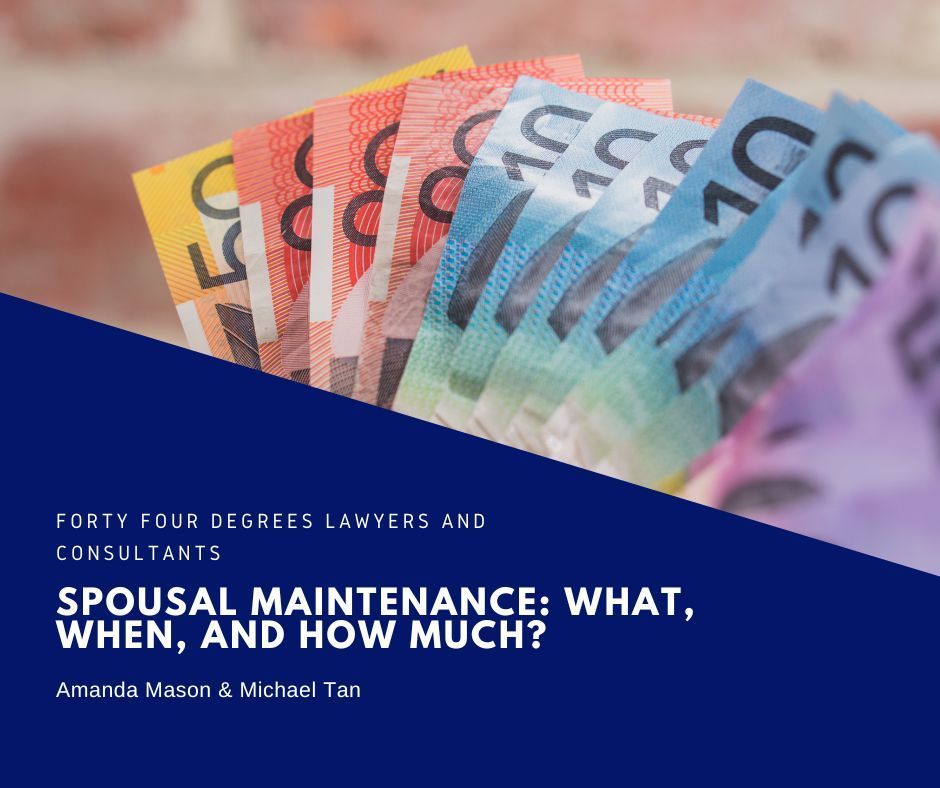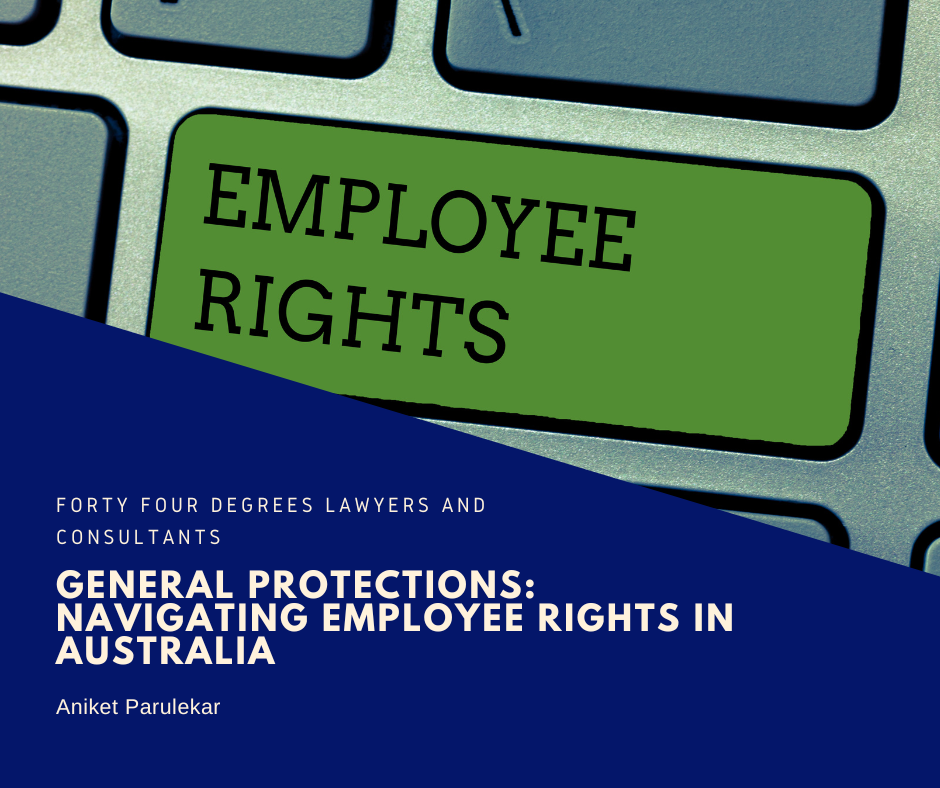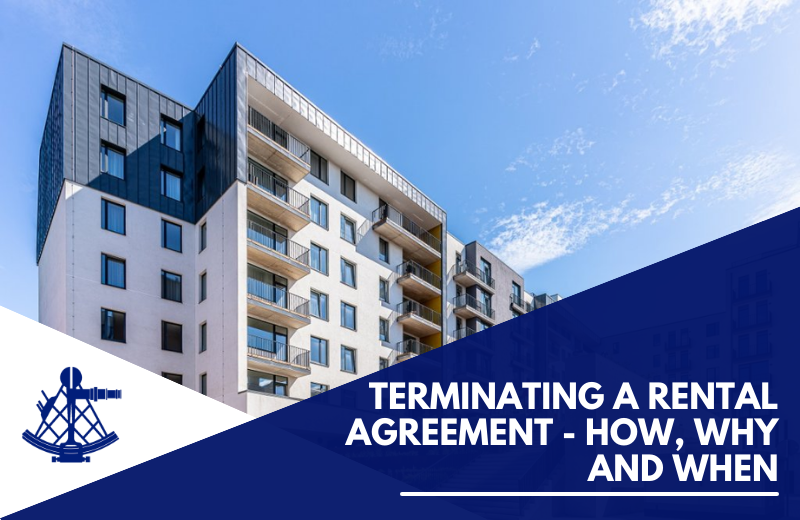Commercial Tenancies and COVID-19
Hana Lee • Apr 27, 2020
Updates following the COVID-19 Omnibus (Emergency Measures) Act 2020 (Vic)

On 23 April 2020 the Victorian Parliament passed the COVID-19 Omnibus (Emergency Measures) Act 2020 (Vic)
(Act).
The Act covers a wide range of issues including small businesses, planning, criminal procedure and retail leases. Unfortunately, the provisions relating to commercial tenancies leaves ambiguity for commercial property tenants and landlords alike.
What are the national guidelines?
The National Cabinet Mandatory Code of Conduct – SME Commercial Leasing Principles During COVID-19 (Principles) established the national principles applying to commercial leases.
The Principles impose a set of good faith leasing principles to commercial tenancies. This covers retail, office and industrial tenancies. They apply to tenants with an annual turnover of up to $50 million who are eligible for Jobkeeper payments.
The Principles set out the following rules for commercial leases:
- Landlords cannot terminate leases for non-payment of rent during the COVID-19 pandemic period or a reasonable subsequent recovery period;
- Tenants must abide by their lease, or they risk forfeiting protections provided under the Principles;
- Landlords must offer rent reductions up to 100% - however, this is on a case by case basis and will be determined by a reduction in the tenant’s trade;
- Landlords must offer rental waivers of at least 50% of the total rent reduction if offered under point 3. However, tenants can choose to waive the minimum 50% waiver requirement;
- Rental deferrals by tenants must be amortised over the rest of the lease term or for 24 months, whichever is greater;
- Landlords must pass onto their tenants any reductions in rates;
- Landlords must pass onto their tenants any benefits received through loan repayment deferrals;
- Landlords should waive expenses from tenants if tenants cannot trade;
- Repayments must occur over extended periods of time to avoid undue financial burden on tenants;
- No fees or interest can be charged under point 3, 4 or 5;
- Landlords must not draw on bond or security payments;
- Tenants should be given an opportunity to extend their lease for any rental waiver or deferral periods;
- Rent increases are frozen unless rental payments are based on turnover; and
- Landlords cannot apply prohibitions or levies for tenants that close or reduce opening hours.
Who’s eligible?
The Victorian Act defines ‘eligible lease’ in section 13:
S 13(1) An eligible lease is a retail lease or a non-retail commercial lease or licence—
(a) that is in effect on the day the first regulations made under section 15 come into operation; and
(b) under which the tenant is, on or after the commencement of the first regulations made under section 15—
(i) an SME entity; and
(ii) an employer who qualifies for the jobkeeper scheme and is a participant in the jobkeeper scheme.
Essentially, the Victorian Act applies to leases where the tenant is a Small Medium Entity and is also an employer who qualifies and participates in the JobKeeper scheme. Subsection (3) provides a set of conditions that exclude a commercial lease or licence from being an eligible lease, even if it falls within subsection (1), and generally excludes tenants with turnover of over $50 million
What’s changed?
Section 15 of the Act grants broad powers to the Minister for Small Business.
Specifically, the Minister for Small Business may recommend that the Governor in Council make regulations:
- Prohibiting the termination of an eligible lease;
- Changing any period under an eligible lease in which someone must or may do something;
- Changing or limiting any other right of a landlord under that lease or the above legislation or regulations made under that legislation;
- Changing rights of a landlord under an agreement made in relation to an eligible lease;
- Exempting a landlord or tenant from having to comply with an eligible lease or the above Acts or regulations made under those Acts, along with agreements made with regard to an eligible lease;
- Modifying the operation of an eligible lease or agreement related to an eligible lease;
- Modifying the application of the above Acts, regulations made under those Acts, or the common law in relation to an eligible lease;
- Extending the period of an eligible lease;
- Deeming regulations as forming part of an eligible lease;
- Imposing new obligations on landlords or tenants under an eligible lease, including requiring them to negotiate amendments to the eligible lease; and
- Requiring landlords and tenants who are in dispute about the terms of an eligible lease to participate in mediation arranged by the Small Business Commission
Unfortunately, aside from granting the power to make regulation, the Act does not implement any parts of the national code. It remains to be seen what specific regulations will be enacted.
When does this apply?
While the Act does not specify when the regulations will come into play, it is expected that all regulations will be backdated to 29 March 2020. We will update this post as more information becomes available.
What should I do?
At the moment, the navigation of commercial tenancies is still on a case-by-case basis. If you are a landlord, you may wish to reach out to your tenants and be proactive in offering rent reductions for tenants affected by the COVID-19 pandemic. If you are a tenant and are experiencing a reduced downturn, you may wish to open and establish a clear line of communication with your landlord. The Principles provide some guidance on the relief available to tenants and the obligations of landlords but ultimately, your commercial tenancy arrangements must be made individually. It is important to find an arrangement that works for both the landlord and the tenant for the long-term.
If you are a landlord or tenant of a commercial property and wish to understand your rights under the new legislation, please contact us
for a confidential discussion.
Hana Lee
is a lawyer at Forty Four Degrees.
Contact Us
We’re an Australian Law Firm promoting a nuanced, personal touch. We have the skills you need to resolve your case quickly and with a positive outcome. Our straight talking team stays close to simplify what is most often a complicated process. We help individuals and businesses with technology and startup law, property law including conveyancing and leasing, commercial law, civil litigation, wills, estates, bankruptcy, insolvency, criminal law, and professionals facing investigations and charges from their regulatory body.
We have a connected network of talented lawyers in Melbourne CBD, Dandenong, Ballarat, and Ivanhoe East.
Fill out the form or call us on 1300 892 237.
Thank you for contacting us.
We will get back to you as soon as possible
We will get back to you as soon as possible
Oops, there was an error sending your message.
Please try again later or call us on 1300 892 237.
About Us
We do business your way.
203/ 50 Market St, Melbourne VIC 3000
50 Lydiard St South
Ballarat Central VIC 3350

